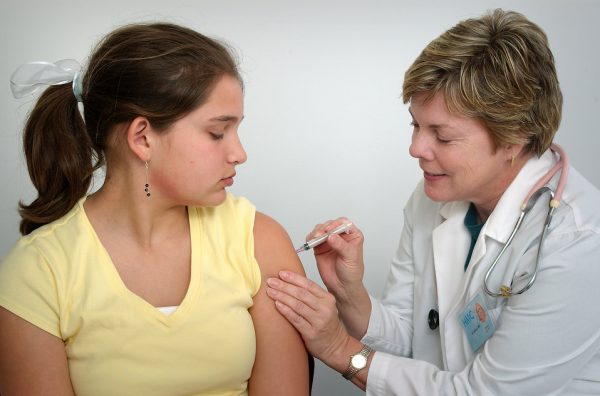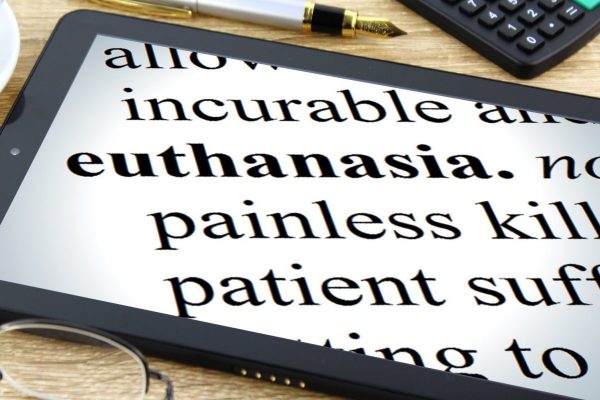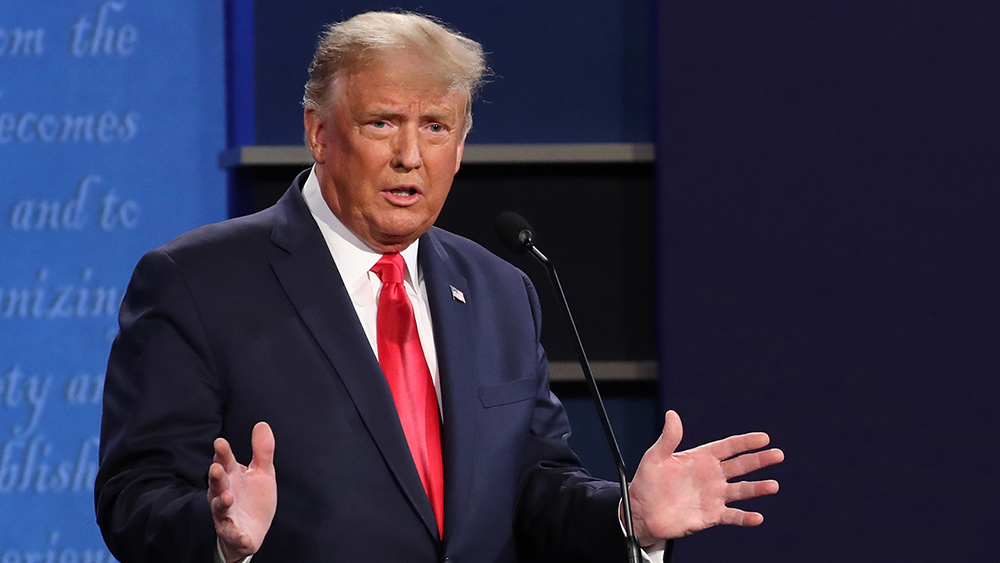 Parler
Parler Gab
Gab
California debates over the healing potential versus safety of psychedelics
Supporters of the bill, including criminal justice reformers, veterans' groups and mental health professionals, argue that psychedelic drugs are nonaddictive and hold potential benefits, especially for individuals dealing with trauma. They emphasize the therapeutic potential of these substances. Conversely, opponents argue that decriminalization could lead to increased drug abuse."She purchased them in Oakland. They came in a brown paper bag with no instructions for dosage. We're very concerned that people can obtain these substances with absolutely no guidance, no warning about the risks, or the downsides or the contraindications," Parket recounted.
Visit Medicine.news for more stories about psychedelic drugs.
More related stories:
Active ingredient in psychedelic tea puts the brain in a “dream-like state,” shows promise as treatment for psychiatric disorders. Resetting your brain with psilocybin: Is a mushroom trip the answer to depression? Sources include: WSJ.com FoxNews.comEvidence shows HPV vaccines like Gardasil are causing severe injuries and deaths
By Ethan Huff // Share
Trump supports COGNITIVE TESTS for presidential candidates
By Ramon Tomey // Share
Two California school districts ban LGBTQ+ flags
By Richard Brown // Share
FDA rules common ingredient in decongestants DOES NOT WORK
By Zoey Sky // Share
Governments continue to obscure COVID-19 vaccine data amid rising concerns over excess deaths
By patricklewis // Share
Tech giant Microsoft backs EXTINCTION with its support of carbon capture programs
By ramontomeydw // Share
Germany to resume arms exports to Israel despite repeated ceasefire violations
By isabelle // Share










